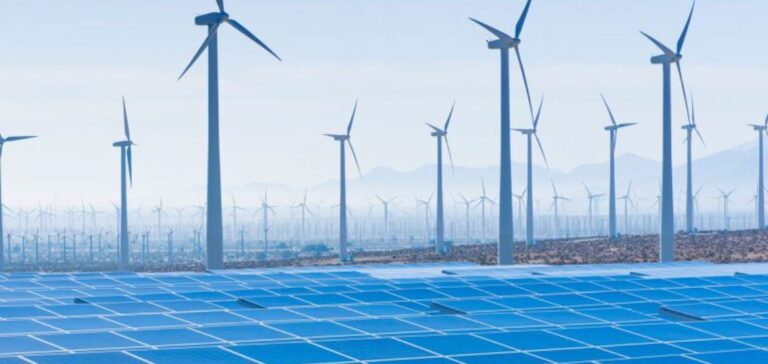STOLECT collaborates in electricity storage with IFP Energies nouvelles (IFPEN). The two companies want to accelerate the development of a massive electricity storage technology, which is necessary to support the deployment of renewable energies in the electricity mix.
A massive electricity storage solution
IFPEN has entered into a partnership with the start-up STOLECT to accelerate the development of a massive electricity storage technology. This technology is essential to support the deployment of renewable energies in the electricity mix. Solar and wind energy are less stable than hydro, nuclear or gas power plants, hence the importance of massive energy storage to offset their variability.
STOLECT’s massive electricity storage technology
STOLECT uses a “Carnot battery” process for its massive electricity storage technology. In this process, an air compressor converts the electricity from the grid into heat, which is then stored in natural refractory materials, basalts, during the charging phase. During the discharge phase, the stored heat is recovered and converted into electricity using a turbine, which is then fed back into the power grid. This technology allows large amounts of energy to be stored for later reuse to meet electricity demand in an environmentally friendly process.
A promising massive electricity storage technology
The massive electricity storage technology developed by STOLECT is very promising. It uses inexpensive, abundant and easily recyclable materials, making it more economical and environmentally friendly than battery storage systems. Moreover, it allows an unlimited number of cycles, which is a considerable advantage. It thus offers answers adapted to the challenges linked to the growth of renewable energy sources.
IFPEN provides its expertise and resources
IFPEN has extensive expertise in the field of energy storage, particularly compressed air storage, and is providing STOLECT with its R&D resources, as well as its experimental equipment and digital tools. This collaboration will accelerate the development of the massive electricity storage technology and make it more reliable through experimental tests and process simulations.
A win-win collaboration
This collaboration between IFPEN and STOLECT is a new illustration of IFPEN’s willingness to work with industrial players in order to have a better knowledge of the markets and to better understand industrial needs. For STOLECT, this collaboration will enable it to benefit from IFPEN’s expertise and experimental resources to accelerate the market launch of its massive electricity storage technology. For its part, IFPEN will be able to test its methodologies on real applications in order to refine its offers and to be as close as possible to the reality of the markets.





















